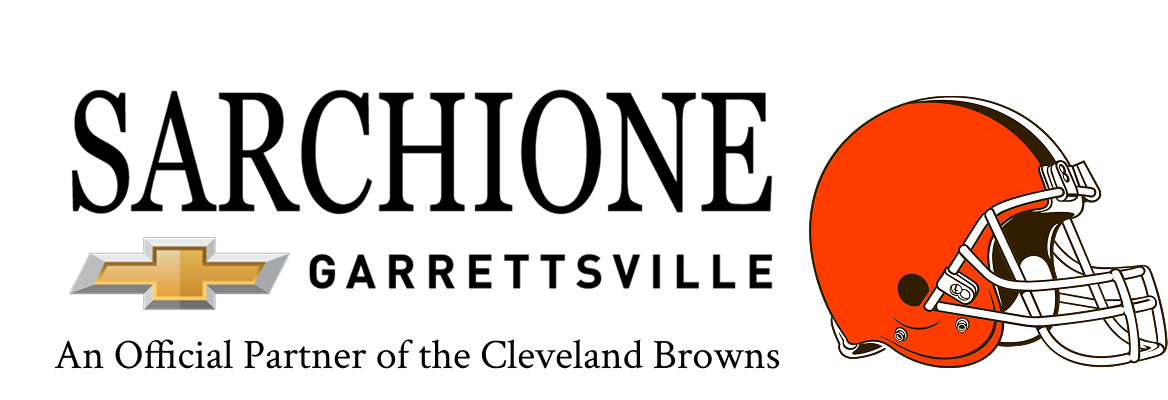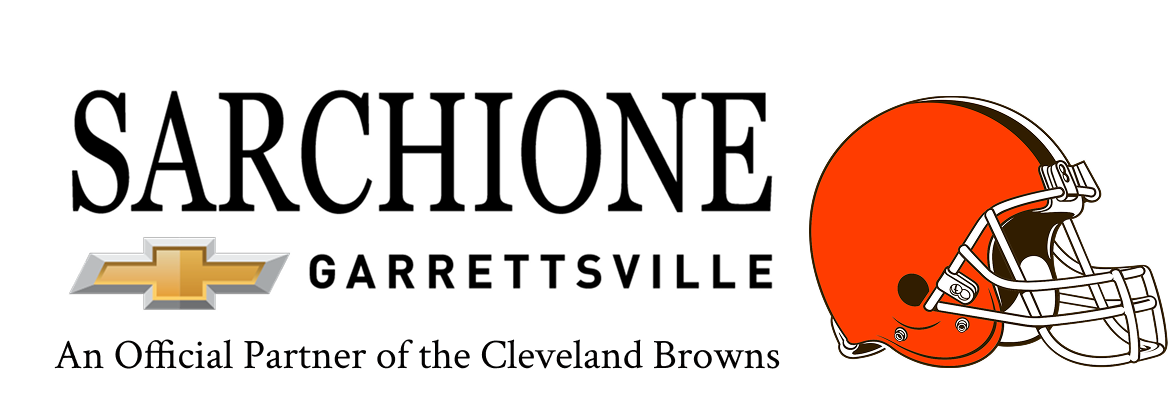In today’s modern vehicles, infotainment systems play a major role in enhancing convenience, entertainment, and connectivity on the road. Chevy has equipped many of its models with advanced infotainment units designed to integrate navigation, music, hands-free calling, and smartphone applications. However, like any technology, these systems are not without flaws.
Drivers frequently ask, What Are Common Chevy Infotainment System Issues? The answer lies in recurring problems such as freezing screens, Bluetooth connection failures, and software malfunctions. Understanding these concerns can help owners make informed decisions about troubleshooting, maintenance, and when to seek professional assistance.
Screen Freezing and Lagging Issues
One of the most commonly reported concerns among Chevy owners is screen freezing or lagging. This issue often occurs when the infotainment system struggles to process multiple commands at once. Drivers may notice delayed responses when switching between applications or, in some cases, a complete freeze that requires restarting the vehicle to reset the system. These interruptions not only reduce convenience but can also create distractions while driving. In many cases, software updates released by the manufacturer address such glitches, but persistent lagging could indicate deeper system faults that require diagnostic testing.
Bluetooth Connectivity Problems
Another frequent frustration involves Bluetooth connectivity. Many Chevy owners rely on Bluetooth for hands-free calling and audio streaming, but unstable connections can disrupt the driving experience. Issues often include dropped calls, inability to pair devices, or poor audio quality once connected.
Sometimes, these difficulties arise from compatibility conflicts between certain smartphones and the infotainment system. Other times, the problem stems from outdated firmware within the vehicle. Resetting the system or deleting and re-pairing devices can resolve minor issues, but recurring failures may require a dealership update or hardware inspection to restore stable functionality.
Software and Update Failures
Chevy’s infotainment system relies heavily on software, and like any digital platform, it can encounter errors during updates. Drivers have reported incomplete installations, failed updates, and sudden system reboots after applying new patches. When updates fail, it may result in missing features, navigation errors, or even loss of saved preferences.
Ensuring the vehicle is connected to a strong data source during updates can reduce these risks. In some cases, dealerships perform manual updates or resets to correct corrupted software. While inconvenient, addressing these problems promptly is important to prevent cascading issues that affect multiple functions.
Audio and Display Malfunctions
In addition to connectivity and software concerns, audio and display malfunctions remain a frequent complaint. Some Chevy drivers report distorted sound quality, speakers cutting in and out, or inconsistent volume control. Display problems such as flickering screens, blackouts, or unresponsive touch commands also add to the frustration. These issues often stem from faulty wiring, defective components, or heat-related damage. In many cases, professional inspection is needed, and hardware replacement may be the only solution.
Chevy’s infotainment systems are designed for convenience and innovation, but recurring problems can disrupt the driving experience. By identifying issues early, whether freezing screens, Bluetooth failures, software glitches, or hardware faults, owners can take proactive steps to maintain reliability. Regular updates, careful troubleshooting, and timely professional support are key to keeping the system running smoothly and ensuring a seamless driving experience.


